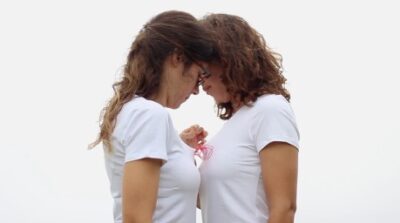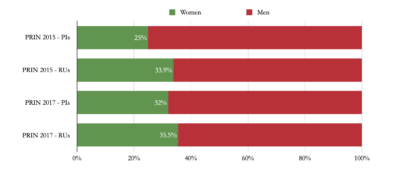9.All’incrocio tra storia e memoria: Resistenze in Cirenaica
Mariana Eugenia Califano and Jadel Andreetto
Since the birth of nation-states in Europe, the politics of memory and oblivion have played a decisive role in the construction of a national identity, presumably shared by the majority of citizens. The conflict generated between contrasting memories is also expressed in places and their odonyms, in the spaces crossed daily by the selves and others orphaned of a mutual recognition. The toponymy that celebrates a determined event,




